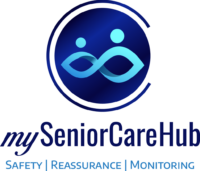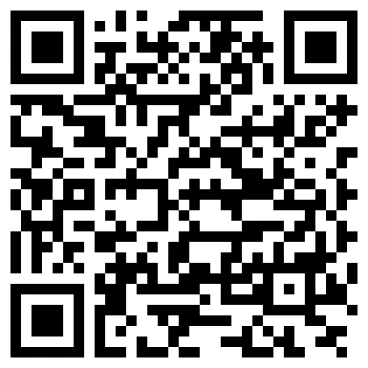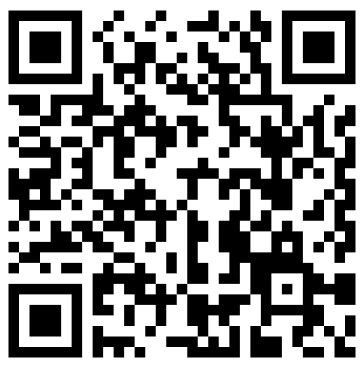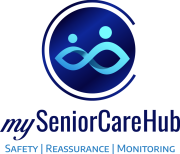Timely Medication: Essential for Managing Blood Pressure and Blood Sugar
Why Timely Medication Matters More Than Ever – Best Medicine Reminder App for BP & Sugar
Did you know that almost 50% of elderly individuals fail to take their medications on time, resulting in avoidable health complications?
For seniors living with conditions like high blood pressure and diabetes, missing even one dose can cause sudden spikes or drops in vital health parameters, increasing the risk of emergencies such as strokes, heart attacks, or diabetic comas.
Managing health becomes more challenging with age, especially when memory lapses, multiple medications, and intricate schedules are involved. Yet, despite these difficulties, timely medication continues to be one of the most crucial pillars of health care for the elderly.
In this article, we’ll dive deep into:
- Why is timely medication critical for controlling blood pressure and blood sugar
- How missing doses can put elderly individuals at life-threatening risk
- Common challenges seniors face in managing their medications
- How medication reminder apps, such as those provided by mySeniorCareHub, can revolutionize health outcomes
Understanding Blood Pressure and Blood Sugar Management through mySeniorCareHub App
Two of the most crucial markers of our general health are blood pressure and blood sugar, which need to be carefully managed, particularly in older adults. Let’s first understand what they mean.
What is blood pressure?
Blood pressure is the force that circulating blood exerts on the walls of the arteries. Normal blood pressure is usually around 120/80 mmHg.
Hypertension is when the blood pressure remains elevated over time (usually above 140/90 mmHg).
Why is high blood pressure dangerous?
- It forces the heart to work harder, which can weaken it over time.
- It can damage arteries, making them stiff and narrow.
- This increases the risk of serious health issues like heart attacks, strokes, kidney disease, and vision loss.
What is blood sugar?
Blood sugar (or blood glucose) refers to the amount of sugar present in the blood.
Glucose is our body’s energy source. However, the body must closely monitor it.
After we eat, our blood sugar rises. In healthy people, insulin helps to transport sugar into cells for energy production.
However, in people with diabetes, the body either does not produce enough insulin (Type 1) or is unable to use it properly (Type 2).
Normal blood sugar levels are usually as follows:
- Before Meals: 70–99 mg/dL
- After Meals: Less than 140 mg/dL
When blood sugar levels are persistently elevated:
- It can harm the kidneys, heart, nerves, and eyes.
- It raises the risk of stroke and heart disease.
- It can result in harmful conditions such as hyperosmolar hyperglycaemic state (HHS) in type 2 diabetes or diabetic ketoacidosis (DKA) in type 1 diabetes.
Similarly, very low blood sugar (hypoglycaemia) can also be life-threatening if not treated quickly.
Both high blood pressure (hypertension) and high blood sugar (diabetes) are often called “silent killers” because they can quietly cause damage for years without noticeable symptoms.
This is why early detection, appropriate treatment, and, most importantly, strict medication adherence are essential.
Why Timely Medication is Essential

Taking medications on time helps to maintain consistent control over blood pressure and blood sugar levels. Here’s why it’s so critical:
- Prevents Fluctuations: Medicines like antihypertensives and antidiabetics work within a set time window. Delaying or missing doses can cause dangerous highs or lows.
- Protects Vital Organs: Consistent medication helps protect the heart, kidneys, eyes, and nerves from long-term damage.
- Reduces Emergency Risks: Timely medication dramatically lowers the chances of acute medical emergencies like strokes, heart attacks, diabetic ketoacidosis, or hypoglycaemic episodes.
What Happens When Medicines Are Missed?
| Problem: When Medicines Are Missed | Impact on Health |
| Fluctuations in Blood Pressure or Blood Sugar Levels | Sudden rise or fall in BP/BSRisk of dizziness, fainting, or medical emergency |
| Reduced Effectiveness of Treatment | Medicines lose their full effectMay need stronger doses or additional treatments |
| Increased Risk of Serious Complications | Heart attack, stroke, kidney failure (in BP patients)Nerve damage, eye issues, infections (in diabetes) |
| Loss of Routine and Confidence in the Elderly | Disrupted daily lifeIncreased anxiety, fear, or dependency on caregivers |
The Role of Caregivers in Timely Medication for Blood Pressure & Blood Sugar
When it comes to managing chronic conditions like high blood pressure or diabetes in the elderly, caregivers often become the first line of support. But keeping track of multiple medications, each with its schedule, can be exhausting even for the most attentive family member.
This is where most issues begin. A delayed morning dose or a forgotten evening pill may seem small, but they can lead to serious consequences. It has nothing to do with negligence, but rather with the weighty burden that many caregivers bear in silence.
For this reason, utilizing a tool such as mySeniorCareHub medication reminder becomes genuinely beneficial. It acts like a digital helping hand, sending alerts for every scheduled medicine dose. So even if the caregiver is not physically present, they still receive updates and can ensure their loved one does not miss a pill.
With such smart tools, the focus shifts from stress to peace of mind, because now help is just a simple reminder away.


How the Medication Reminder Feature Works

With its straightforward and effective design, mySeniorCareHub medication reminder tool makes it simple for senior citizens and caregivers to maintain their health. Here’s how it works:
- Set Reminders for Each Dose: You can set up custom reminders for each medicine, specifying the exact time of day for every dose. You can customize the alerts to fit your schedule, whether for insulin, blood pressure medication, or any other important drug.
- Real-Time Alerts: As the time for each dose approaches, the app sends a real-time alert to the caregiver and the elderly person. This ensures that no dose is missed, even if they are in different rooms or have a busy schedule.
- Multiple Reminder Types: The tool doesn’t just rely on simple notifications. For those who may have hearing impairments or trouble reading, the reminders can include voice notifications or vibration alerts to ensure they are noticed.
- Track and Record Medications: The app also keeps a detailed record of medication adherence. In this manner, caregivers and medical experts can keep an eye on whether the patient is regularly taking their prescription drugs as directed.
- Automatic Medication Logging: The app automatically records each dose taken, making progress monitoring simple. If a dose is missed, it immediately notifies both the caregiver and patient, encouraging timely follow-up.
- Simple Interface: With an easy-to-use interface, even those who are not tech-savvy can easily navigate through the tool. Large icons, clear instructions, and an intuitive layout make it accessible for elderly users.
In addition to preventing health issues, this tool helps older patients feel more in control and independent by making sure their medications are taken on time.
A Simple Solution for Healthier Living
In the journey of managing chronic conditions like blood pressure and blood sugar, timely medication is a vital factor in preventing health complications. For elderly individuals, missing doses can lead to serious consequences, making medication adherence essential. mySeniorCareHub medication reminder app offers a straightforward yet powerful solution to ensure medications are taken as prescribed, giving both caregivers and patients the peace of mind they need.
By staying consistent with medication schedules, elderly individuals can enjoy a better quality of life, while caregivers can feel supported in their role. With technology like this at our fingertips, we can simplify healthcare, reduce risks, and empower elderly patients to live healthier, more independent lives.









